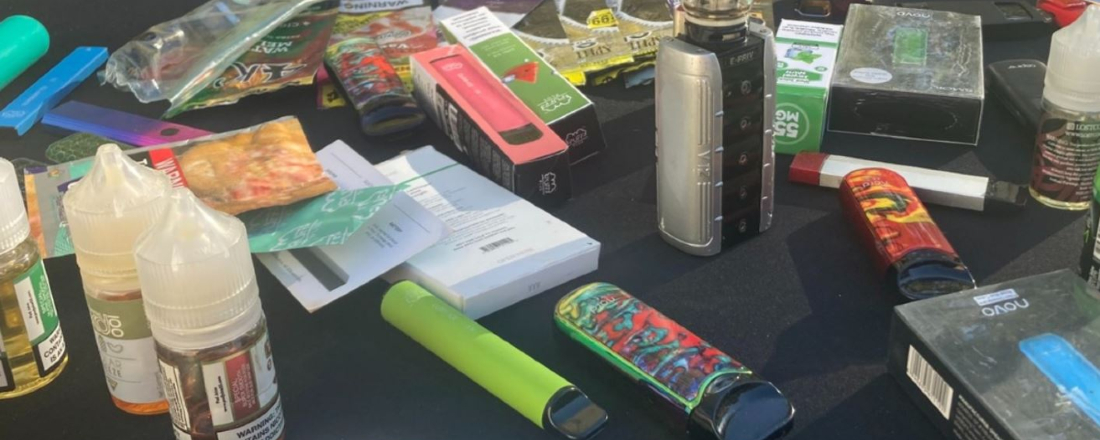
In the News
Sacramento County Bans Flavored Tobacco Products
- Capital Public Radio

Following an hours-long debate and public discussion Tuesday night, the Sacramento County Board of Supervisors voted to ban flavored tobacco sales — including menthol.
Here’s what’s banned beginning July 2022: candy-flavored e-cigarettes, hookah tobacco, menthol cigarettes, and sweet cigars often used to smoke cannabis.
The county’s move comes months before Californians vote on a statewide initiative, which could uphold a previous ban signed into law by Gov. Gavin Newsom in 2020.
Dr. Lynn Silver, a senior advisor with health advocacy organization Public Health Institute, says local jurisdictions have had to take the issue on themselves. More than 100 California cities and counties have passed flavored tobacco bans, according to the Tobacco Free Kids campaign.

The strategy that’s worked for tobacco control is a combination of raising public awareness about why it’s important and how deadly tobacco is, and supporting and funding community health organizations and others, from smaller cities to the state and federal government to advance these policies.Dr. Lynn Silver, PHI
Advocates also point to targeted marketing of menthol cigarettes to African Americans as a reason to ban all flavored tobacco products.
Click below to read the full story from Capital Public Radio.
Originally published by Capital Public Radio
More Updates
Work With Us
You change the world. We do the rest. Explore fiscal sponsorship at PHI.
Support Us
Together, we can accelerate our response to public health’s most critical issues.
Find Employment
Begin your career at the Public Health Institute.



